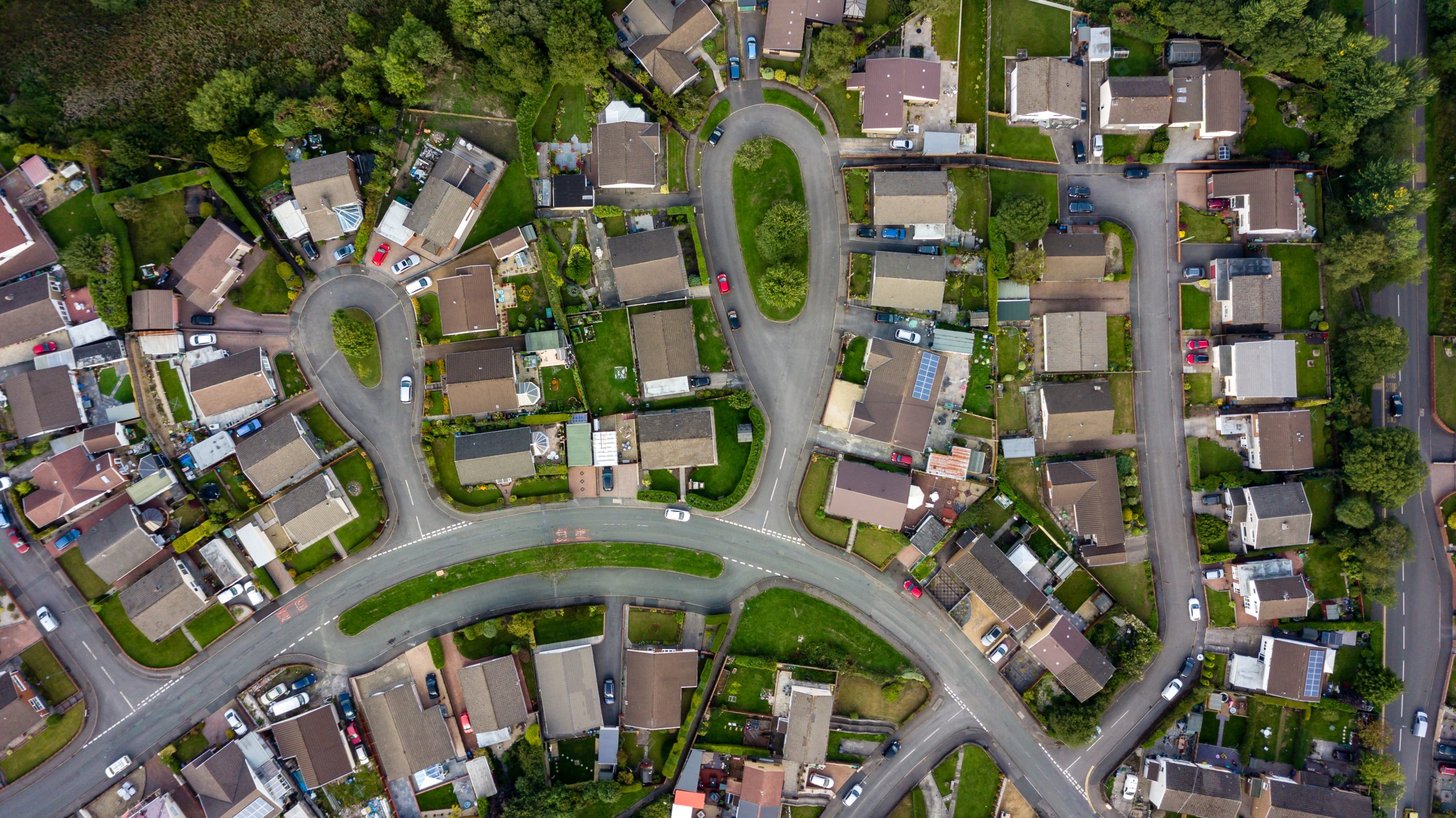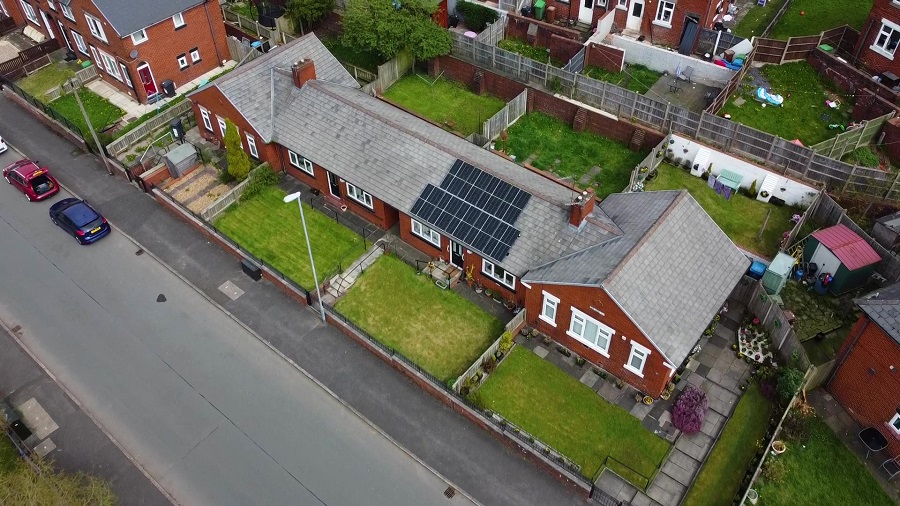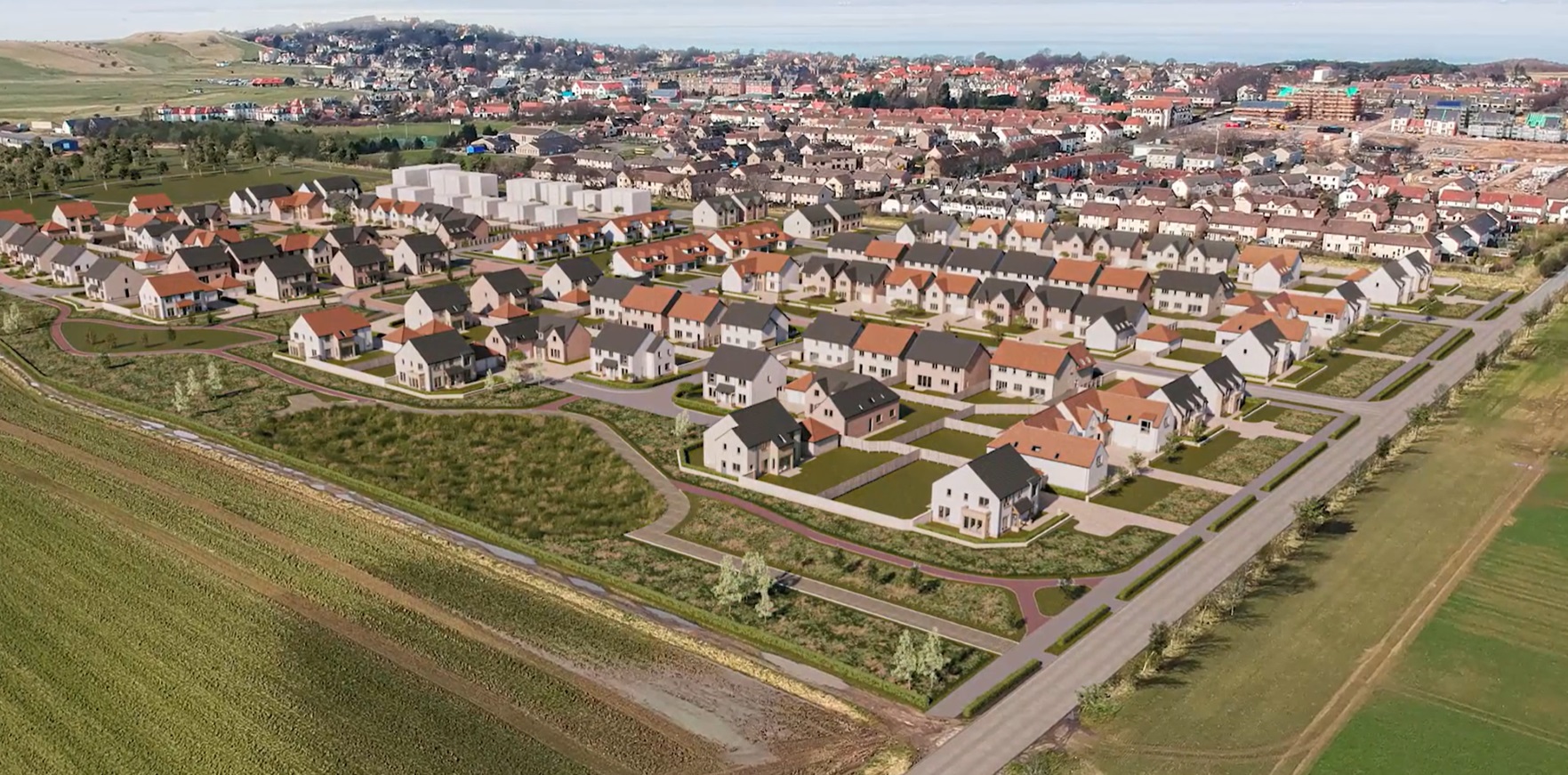How Trustmark Are Enabling Data Driven Quality Throughout Wales

As the Welsh Government demonstrate their commitment to reaching net zero, Trustmark continue to support their efforts and accelerate towards the decarbonisation of the country’s housing stock.
Data is a key component when it comes to meeting these goals as it not only helps in the comprehension of progress to date, but also identifies trends, challenges, and successes, to facilitate further advancements.
Speaking to Simon Ayers, CEO of Trustmark, Housing Industry Leaders heard how embracing this data, alongside the company’s four key pillars of registration and membership, quality assurance, consumer protection, and delivery, is continuing to unlock progression in the Welsh housing sector.
A holistic view leads to wider societal benefits
When it comes to instilling confidence and security in the wider housing sector, Simon emphasised the importance of creating accessibility, something made possible through taking a holistic view of housing.
He said: “Across the UK, we’re very good at writing new rules, new standards, new requirements, without sometimes just going back to root cause issues and saying ‘if we change the root cause, we can make differences.’
“One of the things we’re doing around consumer protection, for instance, is bringing together government departments, including the devolved nations, to start talking about alignment.”
As an example, when considering installing a heat pump, most would attempt to do some research online, before quickly finding themselves overwhelmed and confused by the breadth of information presented, at which point they abandon the intention entirely.
Therefore, Simon urges the importance of creating an accessibility for the consumer and local authorities, enabling the holistic view of a property and exploring what is already in place, what standards apply, what could be done to the property, what the benefit to the property would be, and what the desired outcome is.
“We need to measure all of those things,” Simon explained. “I think at the moment we’ve got this chaos style period which is loads of organisations, lots of innovation, all working and all milling around in the centre, and we need to bring that together.
“I think the Welsh Government has been very good at pulling some of that into a focused direction. What we have as a sector is this desire, but we need longer term vision, we need longer term policy, and by doing that, you will get businesses investing not just for tomorrow, but they will invest for next year and the years after.”
Further investment into the sector will go on to strengthen supply chains and create certainty for jobs within the green sector, and improve the local area by creating decarbonised and healthier living environments.
That societal impact impacts on community. Community then drives change. So, you have this ability through a bit of forward planning to have a huge impact at the end.
Trustmark are working with the Welsh Government to deliver change in the housing sector
In Wales specifically, Trustmark are working closely with the Government to support their work through the Optimised Retrofit Programme (ORP), including their involvement in the Welsh Zero Carbon Hwb.
Established by the Welsh Government, the Hwb has been set up with the aim to unite the industry and share expertise and experience across the sector, which will ultimately help to reduce the emissions of new and existing homes.
Simon explained: “We have been working with a number of parties and organisations on the Hwb, so we are part of that and we’re feeding in and supporting that process to make sure that we can get better information, which gives the opportunities for different journeys, for different innovation.”
With a data warehouse consisting of around 1.3 million properties across the UK, Trustmark are able to collect data on site and offer training and advice based on their findings.
This may include statistics around installation and delivery and subsequent product trends, insight into what is currently working and what isn’t, and the ability to help avoid routes that deliver short term impacts but don’t deliver long term success.
Trustmark have also been working with the Welsh Government to create Scheme Providers within Wales that allow businesses to gain access to grant and capital schemes.
We’re there to support and we will support Wales because we believe in what they’re doing.
Last year, Trustmark established their first Scheme Provider in Wales, NetRet, which focused on supporting the housing sector to achieve net zero through ORP.
In providing training, guidance, and certification, NetRet seeks to upskill the workforce within the social housing sector to overcome some of the supply chain and skills gap issues.
Highlighting Trustmark’s further commitment to the Welsh housing sector, Simon added: “We work quite closely with [Welsh government] around looking at how lodgment could improve the ORP process.
“We’re pretty aligned in supporting where we need to be and we’re keen that we talk more to the authorities and the ministers about the healthy home direction, and ensuring that we are supporting skills.
“But you’ve got to take your hats off to them. They’re building factories for solar PV, they are really pushing ahead.”
How can data drive positive change in the housing sector?
Going forward, Simon highlighted the importance of finding methodologies to share wider datasets, and bringing datasets together to allow for a more holistic view of the housing sector, facilitating long term vision and policy changes.
He continued: “I think we are talking now about that capability of data which gives us the ability to create the analytics of planning, and then we can roll that into how we fund it, how we deliver it, how we verify and quantify it, how we measure the societal improvements, so that they all link.
I think that’s the plan we should be looking at and taking that more holistic view rather than a short term view.
Ultimately, it comes down to instilling a sense of confidence within the housing sector, which enables the delivery of safer, healthier, and greener homes.
As Simon summarised: “The person that is occupying a property should have the right to live in a warm, healthy, safe, comfortable home regardless of tenure, regardless of funding routes. We’re talking about quality assurance standards and making sure that we create houses that are fit for the future, which also meet the requirements of decarbonisation.”
To learn more about the efforts to decarbonise and safeguard Welsh housing for future generations, join the Welsh Government’s and wider housing sector at Housing Industry Leaders Cymru 2024 in Cardiff on 11 July.

